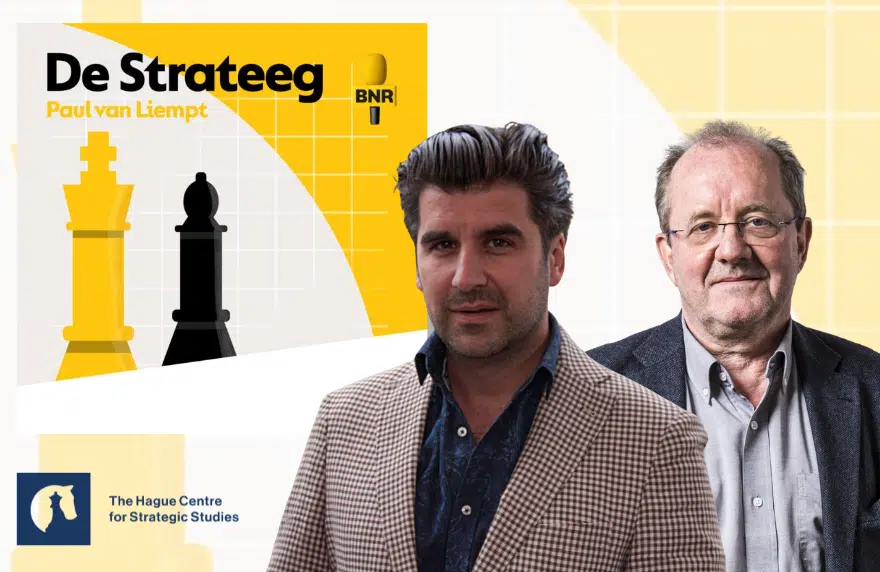Google en Apple hebben een verkiezingsapp van de Russische oppositieleider Alexei Navalny verwijderd uit hun appwinkels, zo werd vrijdag bekend. Het is de zoveelste maatregel die het land neemt tegen techbedrijven. Waarom doet Rusland dit en waarom juist nu?
Het is niet nieuw dat Rusland bezig is om het internet steeds minder vrij te maken, legt Rusland-deskundige Helga Salemon uit. “Het is allemaal begonnen in 2011. Toen waren er grote protesten naar aanleiding van de parlementsverkiezingen. Mensen gingen massaal de straat op. Daar schrok het Kremlin van en sindsdien zijn de duimschroeven aangedraaid.”
Toch is Rusland met name het afgelopen half jaar bezig om minder afhankelijk te worden van buitenlandse techbedrijven, zegt Salemon. Zo nam president Vladimir Poetin in juli een wet aan die bepaalt dat de bedrijven voortaan een vestiging in het land moeten hebben als ze hun diensten willen blijven aanbieden in Rusland. Ook moeten ze gegevens van Russische klanten in Rusland opslaan.
Bedrijven die zich niet aan de regels houden, kunnen boetes verwachten. Die werden de afgelopen maanden vaak uitgedeeld. Zo werden Facebook, Twitter en WhatsApp op de bon geslingerd omdat ze weigerden de gegevens van Russische gebruikers in dat land op te slaan. Ook Google werd meerdere keren beboet omdat de techgigant zou hebben geweigerd om bepaalde “illegale content” te verwijderen.
Rusland werkt aan eigen internet
Maar waarom treedt Rusland juist het afgelopen half jaar steeds harder op tegen techbedrijven? Dat heeft volgens Salemon één belangrijke reden: Rusland werkt aan een eigen, soeverein internet. Dat is in feite een groot intranet waar de buitenwereld niet bij kan. Het is de bedoeling dat dit op termijn het bestaande internet gaat vervangen.
Rusland wil om twee redenen af van het bestaande internet, legt Salemon uit. “Ten eerste is het een plek waar jongeren hun mening over het Kremlin laten horen. Ten tweede is het de laatste plek waar je nog objectieve informatie kunt vinden. Onafhankelijke media zijn in het land verboden. Op televisie zijn alleen staatsmedia te zien.”
Techbedrijven willen blijven bestaan in Rusland
Vooralsnog lijken techbedrijven tot op een bepaalde hoogte mee te werken aan de eisen van Rusland, zegt Salemon. “Hoewel ze weigeren de gegevens van Russische gebruikers op te slaan in Rusland, komen ze het land op andere gebieden wel tegemoet.”
In het geval van Google en Apple eiste Rusland dat de verkiezingsapp van Navalny uit de appwinkels werd verwijderd. “Deden de bedrijven dat niet, dan konden ze niet alleen een boete krijgen, maar ook strafrechtelijk worden vervolgd. Omdat de bedrijven willen blijven bestaan in Rusland, werken ze toch mee.”
Bron: nu.nl



